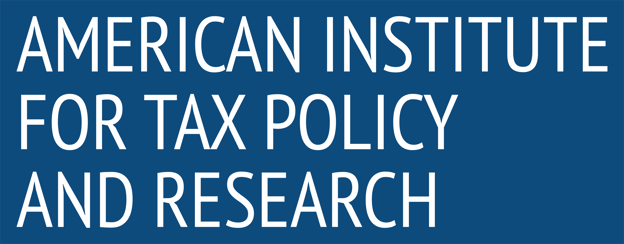Business Tax Compliance Manual
Ensuring compliance with tax regulations is a fundamental responsibility for businesses of all sizes. This manual provides a comprehensive guide to understanding business tax obligations, including payroll taxes, corporate tax requirements, deductions, and recordkeeping. Proper tax compliance minimizes legal risks, enhances financial stability, and helps businesses optimize their tax positions.
1. Business Tax Obligations
1.1 Understanding Federal and State Taxes
Businesses must comply with federal, state, and local tax requirements. Common business taxes include:
Corporate Income Tax: Levied on business profits.
Payroll Taxes: Withheld from employees’ wages and paid to the IRS.
Sales and Use Tax: Applied to goods and services at the state level.
Excise Tax: Imposed on specific goods such as fuel, alcohol, and tobacco.
1.2 Employer Identification Number (EIN)
Businesses must obtain an EIN from the IRS for tax reporting.
Required for hiring employees, opening business bank accounts, and filing tax returns.
2. Payroll Taxes and Withholding Requirements
2.1 Federal Payroll Taxes
Employers must withhold and pay:
Social Security Tax (6.2%) and Medicare Tax (1.45%).
Federal Income Tax: Based on employee wages and W-4 elections.
Federal Unemployment Tax (FUTA): Paid by employers to fund unemployment benefits.
2.2 State Payroll Taxes
Vary by state and may include additional unemployment and disability insurance contributions.
Employers should check state requirements for withholding and reporting.
2.3 Reporting and Filing
File Form 941 (quarterly payroll tax return).
Submit Form W-2 to employees and the IRS by January 31.
Provide Form 1099-NEC to independent contractors earning $600 or more.
3. Corporate Taxes and Business Structures
3.1 Business Entity Types and Taxation
Sole Proprietorships: Report income on Schedule C (Form 1040).
Partnerships: File Form 1065 and issue Schedule K-1 to partners.
Corporations (C-Corp): File Form 1120 and pay corporate income tax.
S-Corporations: File Form 1120-S, profits pass through to shareholders.
LLCs: Can be taxed as sole proprietors, partnerships, or corporations.
3.2 Estimated Tax Payments
Businesses must pay estimated taxes if they expect to owe $1,000 or more.
Payments are due April 15, June 15, September 15, and January 15.
4. Business Deductions and Credits
4.1 Common Business Deductions
Operating Expenses: Rent, utilities, and office supplies.
Salaries and Wages: Payments to employees and benefits provided.
Depreciation: Deduction for business property and equipment.
Marketing and Advertising: Expenses for promoting the business.
Travel and Meals: Must be directly related to business activities.
4.2 Tax Credits for Businesses
Research & Development (R&D) Credit: Encourages innovation.
Work Opportunity Tax Credit (WOTC): Provides incentives for hiring from targeted groups.
Energy Efficiency Tax Credits: For businesses using renewable energy sources.
5. Recordkeeping and Compliance Best Practices
5.1 Maintaining Accurate Records
Keep financial statements, invoices, payroll records, and receipts.
Store documents for at least three to seven years in case of IRS audits.
Use accounting software or hire a tax professional for accurate reporting.
5.2 Tax Filing Deadlines
March 15: S-Corporations and partnerships.
April 15: C-Corporations and sole proprietors.
January 31: Payroll tax filings (W-2s, 1099s).
6. Avoiding Tax Penalties and IRS Audits
6.1 Common Compliance Mistakes
Late tax payments: Results in interest and penalties.
Inaccurate reporting: Inconsistencies may trigger an IRS audit.
Misclassifying employees as independent contractors: Can lead to legal and financial penalties.
6.2 Steps to Reduce Audit Risk
File tax returns and payroll reports on time.
Keep thorough and organized financial records.
Seek professional guidance to ensure compliance with tax laws.
Conclusion
Proper tax compliance is essential for the financial health of any business. By understanding federal and state tax obligations, maintaining accurate records, and leveraging available deductions and credits, businesses can minimize risks and optimize tax efficiency. For expert tax policy insights and updates, visit the American Institute for Tax Policy and Research (AITPR).


